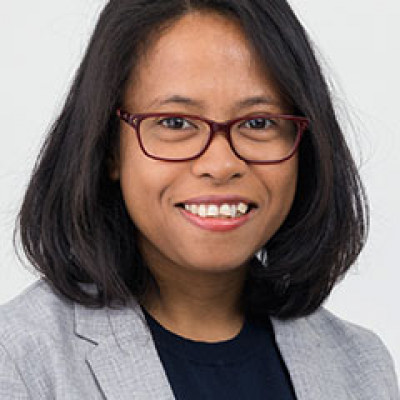Learner Development College and University Education Practice-Oriented Short Workshop
Benefits of using Language Learning Histories (LLHs) in teacher training
Successful language learners need to learn beyond the classroom (Richards, 2015). These contexts enable learners to develop and exert their learner autonomy, as they decide what and how to learn. This presentation focuses on experiences with two Malagasy student teachers co-authoring a paper in which they tell their English language learning histories (LLH) beyond the classroom. Beyond the classroom, every learner has their own ways of learning, which may depend on their learning contexts and their motivation and interests. Through writing LLH, the student teachers realized how their interests constantly triggered their motivation to create opportunities to learn outside the classroom, a context where support is scarce. They also became aware of the disconnection between in-class and out-of-class learning content. These experiences helped them reflect on their future practice and how they would like to implement classes. Through the process of writing experiential narratives in the paper, we were able to make some significant insights on the potential benefits of the use of LLH in language learning and teacher training. Accordingly, participants will leave the presentation with a deeper understanding of learner experience and autonomy that can help them in developing practices to facilitate language learning beyond the classroom.
-

Dominique Vola Ambinintsoa is a learning advisor and a lecturer at Kanda University of International Studies in Chiba, Japan. She holds a PhD in applied linguistics, focusing on fostering learner autonomy in an EFL context (Victoria University of Wellington, New Zealand) and a Master of Education in TESOL (State University of New York at Buffalo, US). She is a co-managing editor of the Research Institute for Learner Autonomy Education’s Relay Journal and is a co-editor for an upcoming issue of the Learner Development Journal. She has a particular interest in learner autonomy, self-access language learning, advising in language learning, and positive psychology in education. In addition to Japan, she has had experience of teaching English in Madagascar, the United States, and New Zealand.